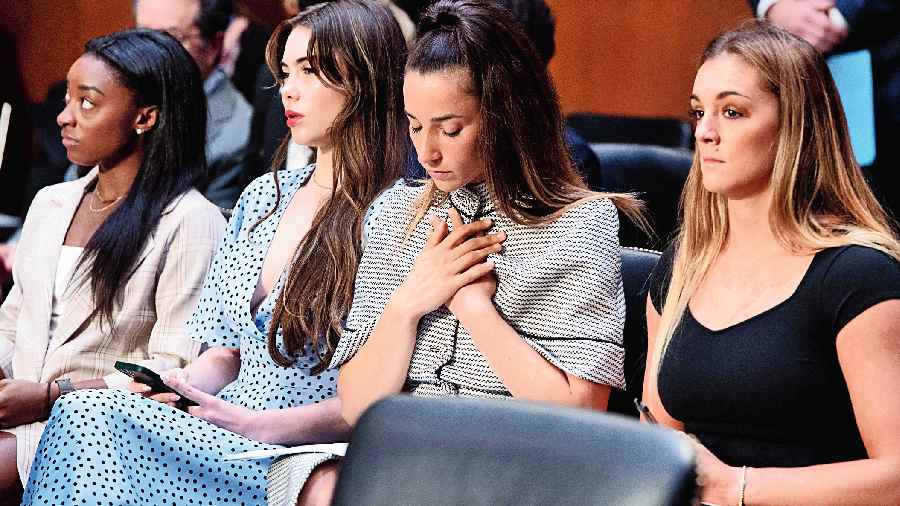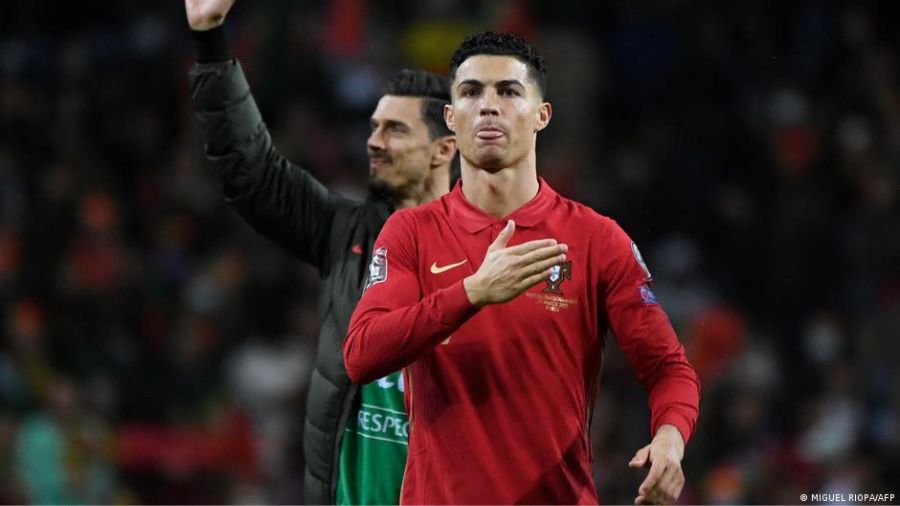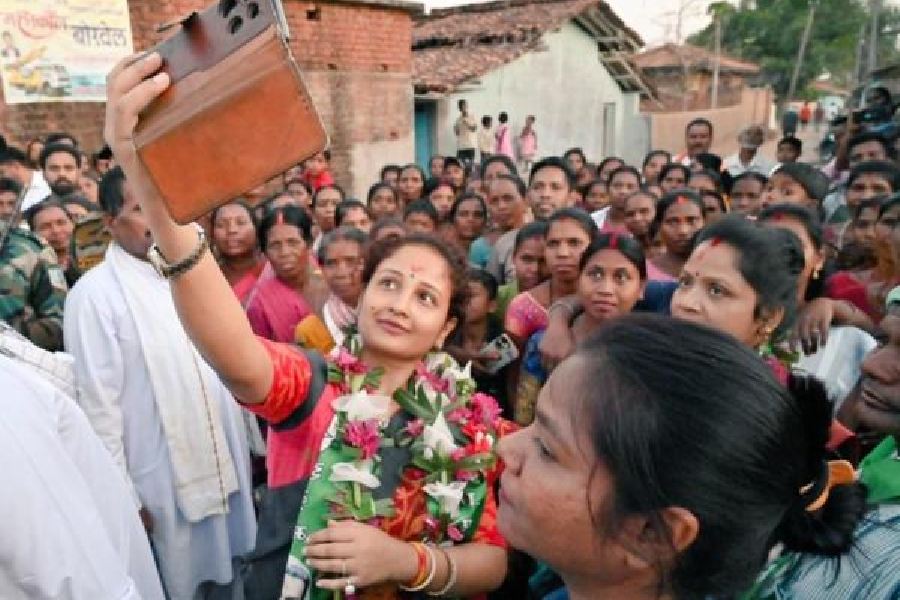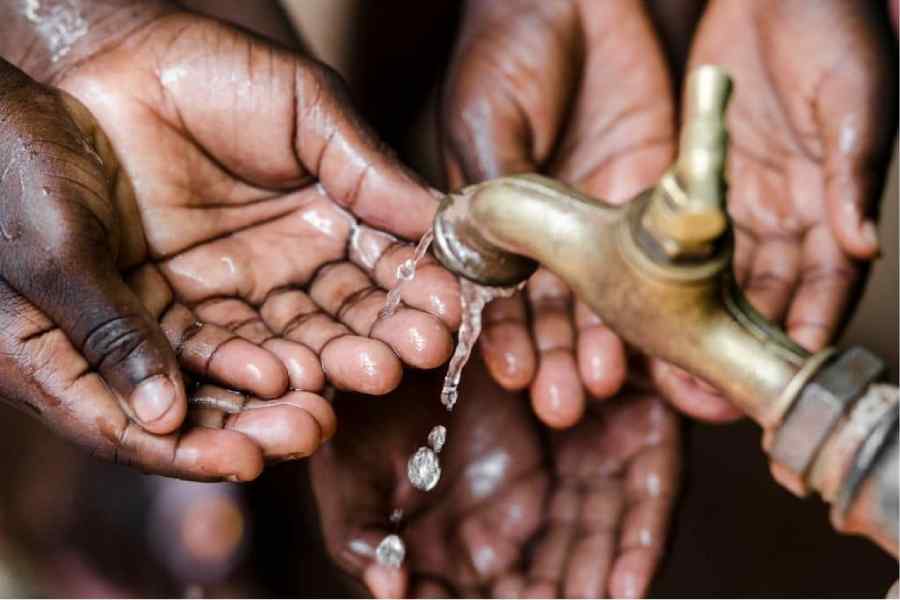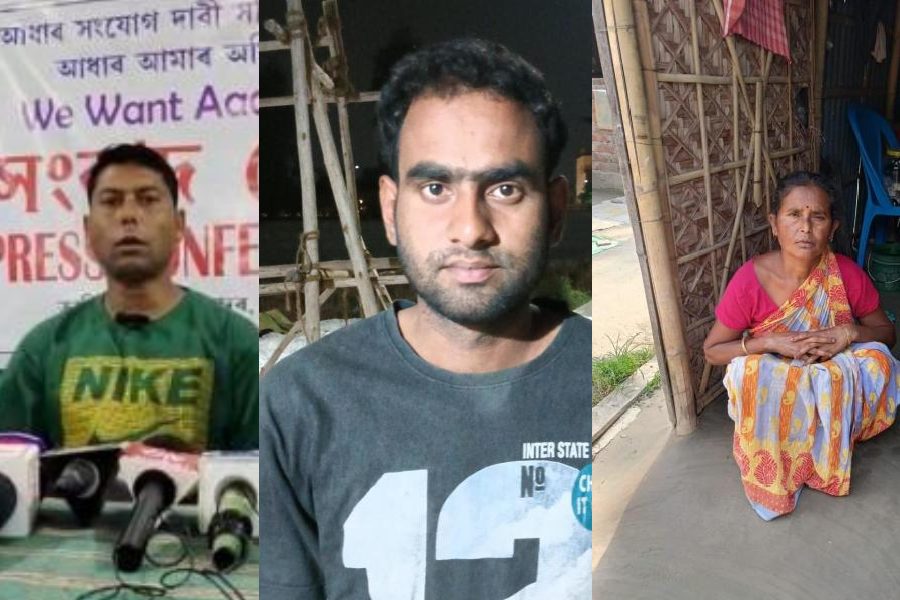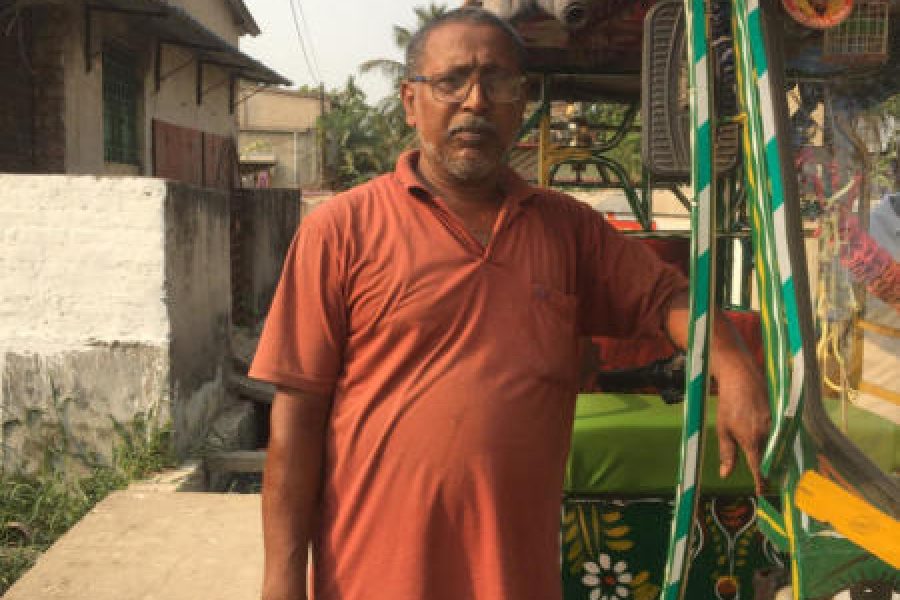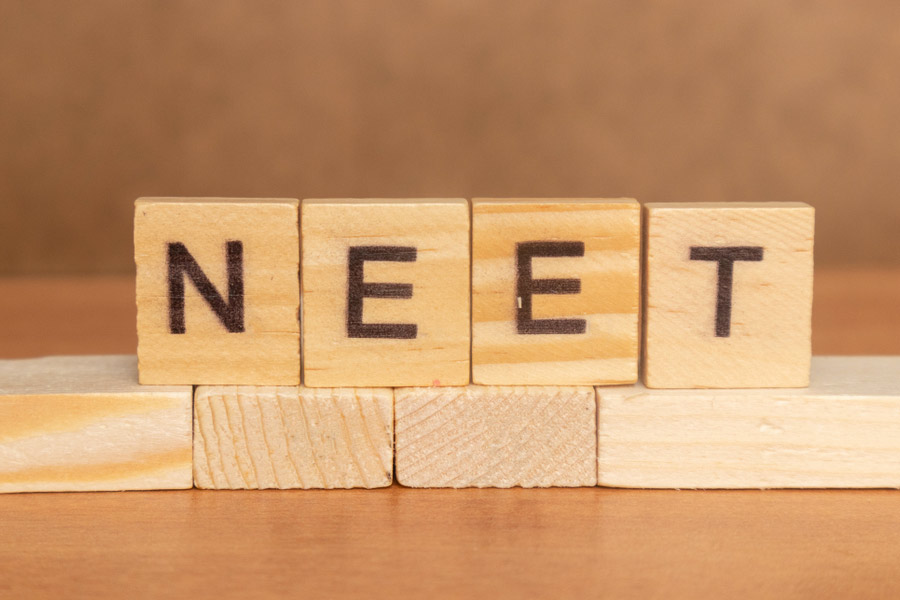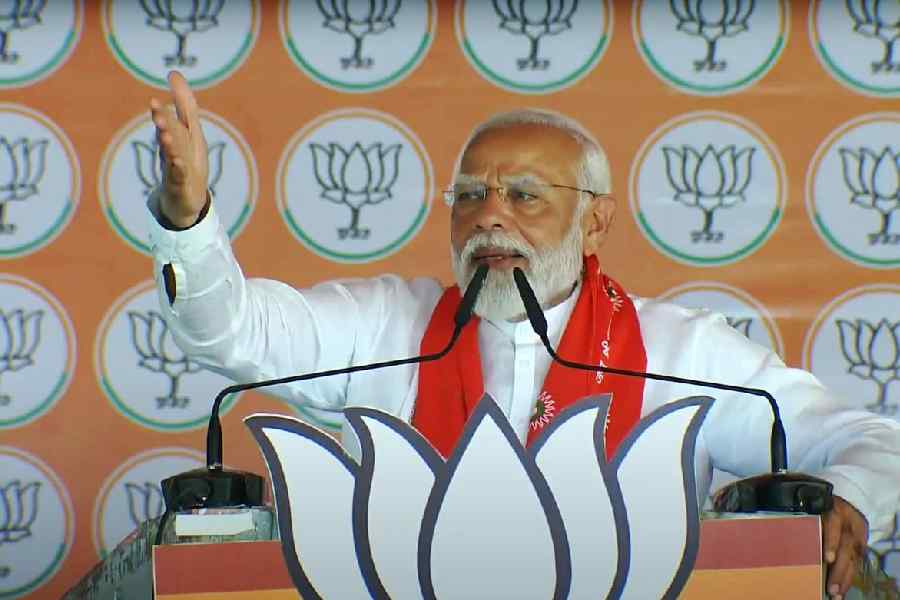An ISL team owner did not want a women’s team fearing that if a #MeToo controversy surfaces it could tarnish the image of the club. “What if there is a sexual harassment complaint against one of the coaches? Frankly, that’s the reason why I am not in favour of a women’s team,” the owner had said a couple of years ago at a franchise meeting, according to insiders privy to the conversation.
Anindita Chakraborty, India’s table tennis coach for the Commonwealth Games, ensures only senior women players of her south Calcutta club take care of the young trainees in her absence. “These days there is a risk with male coaches. It’s safer to assign a woman when I have other commitments,” she said.
Are they being paranoid? Not really. Going by recent happenings in Indian sport where a gymnast, a cyclist and a sailor have called out against sexual harassment by coaches, putting them under intense mental disturbance, one can only back the ‘safety-first’ approach of the ISL team owner or Chakraborty.
Women athletes being sexually harassed or assaulted is a global problem. US Olympic gold medallist Simone Biles and dozens of other women who say they were sexually assaulted by Larry Nassar are seeking more than $1 billion from the FBI for failing to stop the sports doctor when the agency first received allegations against him.
Nassar, the long-time doctor for the USA Gymnastics team and Michigan State University, is serving a 60-year sentence in federal prison on child pornography charges. He also was sentenced to a 40-to-175 year state prison sentence in Michigan after pleading guilty to seven counts of criminal sexual conduct.
In India, stories of sports officials and coaches exploiting women have always been spoken of in hushed tones or brushed under the carpet. Sporadic incidents maybe but they happened and continue to.
This is probably the first time that women athletes have flagged their ordeal to the higher authorities. Sports Authority of India (SAI) acted swiftly and sacked the cycling coach and in the other two matters also it has been pro-active. “Good sign that athletes are speaking out. It will give more courage to others who are at the receiving end,” Manisha Malhotra, 2002 Busan Asian Games medallist and former tennis player, told The Telegraph.
“But contrary to common perception it’s not the women who are always victims. There are cases when men also get a raw deal,” she added.
Coaching in India is still a male bastion and that could be one of the reasons why controversies are rearing their ugly heads. “I know athletes who are not keen to pursue coaching post-retirement. They are even game for a teacher’s job. More women should come into coaching and support staff. The system also should play a role in bringing in women. Across the world it’s the male who dominates the sport. Even in a first world nation like Germany, men outnumber their women counterparts by a mile. So it’s not an Indian problem,” former coach Kuntal Roy, who tutored athletes like Soma Biswas and Sushmita Singha Ray, said.
According to a SAI statement, the numbers are increasing. “SAI tries to ensure that maximum number of women coaches are inducted into the system. The number of women coaches has tripled in the last one year from 71 in 2021 to 211 in 2022,” it said.
“Still a lot needs to be done,” argued Roy.
Lack of education and poor upbringing are also seen as reasons why some of the coaches think crossing the line is par for the course. “That’s a big problem. I will be interested to know how coaches are being educated. It’s a very delicate relation between a coach and his pupil. The coach has to ensure that there is trust and the environment is conducive to training. Are we doing enough,” Malhotra said.
SAI said in the coaching diploma course conducted in NIS, Patiala, various aspects are included in the syllabus. “Coaches are sensitised to be a guardian to every athlete. Separate ethics courses are also taught.”
In a parochial society like India’s where most parents are averse to their daughters taking up sports as a career, these stories of sexual harassment could have a negative impact. “I think so,” is Roy’s view.
Table tennis coach Chakraborty doesn’t buy that. “We get to read about such incidents in schools also. So you want me to believe parents do not want their daughters to study? There will good coaches as well as bad ones. But from my own experience I would say good are more in number than the creepy ones,” she said.
The majority of the male coaches are of the view that a few rotten elements are tarnishing their image but they agree that in this age of social media and constant scrutiny one has to be cautious. “It’s a thin line and you have to be careful. Whenever I need to discuss strategy with a female player, I make it a point that another woman is also present,” Crispin Chhetri, who coached Madurai-based Sethu Football Club to the runners-up spot in the Indian Women League, said. “In individual sports women are more vulnerable,” he added.
Not just sexual harassment, coaches have to be careful about the language they use.
“You cannot be rude even if you could see the athlete is not giving her best during training,” Ali Qamar, India women boxing coach during the Tokyo Olympics, said. “That could land you in trouble.”

